Spirulina is a blue-green algae that is one of the most densely nutrient packed superfoods on earth. This amazing environmentally sustainable algae has been a nutritious dietary supplement for thousands of years.
Spirulina Benefits
Antioxidant and Anti-inflammatory
Spirulina contains phytonutrients that have strong antioxidant and anti-inflammatory activities. These antioxidants support cellular health by protecting cells from the damaging effects of reactive oxygen radicals. Oxidative stress that is a result of normal or abnormal metabolism, is known to damage cell membranes and DNA (the master molecule that programs all cellular structure and function) thereby negatively changing the structure and function of the cell. The other consequence of such damaging radicals is premature aging. The phytonutrients in spirulina have been shown to have similar antioxidant and anti-inflammatory effects to those obtained from eating certain fruits and vegetables. (Gemma et al., 2002; Belay, 2002, Gershwin & Belay 2007)
Bone Health
Spirulina contains 12% of your daily recommended intake of calcium. Spirulina also contains Vitamin D & Magnesium which are main components for bone health. This is a great source of calcium for non-dairy drinkers and vegans.
Brain Health
Spirulina may prevent the loss of memory by lessening Aβ protein accumulation, reducing oxidative damage and mainly augmenting the catalase activity. In contrast to simple antioxidants, which can only neutralize single free radicals before becoming inactive, catalase and glutathione peroxidase can continue neutralizing free radicals for as long as they are provided with the proper vitamins and minerals. This makes these enzymes much more powerful than individual antioxidants.
People with Alzheimer’s disease have abnormally high concentrations of amyloid-beta (Aβ) proteins, which accumulate into plaques and lead to severe memory loss and other problems. By reducing amyloid-beta (Aβ) levels in the brain, Spirulina may help protect against Alzheimer’s disease.
Cardiovascular Health
Scientific evidence shows that Spirulina supports a healthy cardiovascular system, and protects from oxidative stress. As it turns out, spirulina has been shown to have beneficial effects on many factors of Cardiovascular Disease. For example, spirulina may lower total cholesterol, LDL cholesterol and triglycerides, while raising HDL (the “good”) cholesterol. In a study of 25 people with type 2 diabetes, 2 grams per day of spirulina significantly improved these markers . Another study in people with high cholesterol found that 1 gram of spirulina per day lowered triglycerides by 16.3% and LDL by 10.1% . Several other studies have shown favorable effects, but with higher doses of 4.5-8 grams of spirulina per day .
A new study looked at “the potential of spirulina supplements in combination with systematic exercise (twice weekly for six weeks) on body composition and cardiorespiratory fitness of 27 overweight and 25 obese sedentary men… Results showed that, compared to the fourth group, all exercise and spirulina groups experienced improvements in body fat percentage (reduction) and maximal oxygen uptake (increases). the effects were more pronounced in obese men.
In addition, both spirulina groups experienced improvements in weight loss, the time to reach fatigue and the onset of blood lactate accumulation…”
Cellular Health
Free radicals can cause damage to parts of cells such as proteins, DNA, and cell membranes by stealing their electrons through a process called oxidation. Antioxidants in spirulina such as Phycocyanin can help fight free radicals in the body.
Energy
Spirulina contains the highest concentration of protein for any plant, herb or animal on a gram per gram basis. The amino acid content of its protein is very close to the WHO standard. Since Spirulina does not have a thick cell wall this protein is readily available.* Spirulina also contains some essential vitamins like Vitamin A (in the form of beta-carotene), Vitamin B12. It is also a very rare source of GLA (Gamma Linolenic Acid), an essential fatty acid. Moreover Spirulina is a good source of bio-available iron.
Eye Health
Spirulina contains 15x more Vitamin A (Beta-carotene) than carrots Vitamin A nourishes the cornea and helps produce moisture for your eyes Spirulina contains nutrients such as Essential Amino Acids, & Zinc which may help ward off age-related vision problems such as macular degeneration & cataracts. Vitamin A deficiency is the leading cause of preventable blindness in children worldwide.
Immune Support
Several animal and human studies have shown that spirulina supports immune function. In particular, it has been shown to promotes innate (inborn) immunity, the body’s first line of defense. In this regard it promotes macrophage function, T-cell proliferation and Natural Killer Cell activity. It is also important in the regulation of antibody production (acquired immunity). Spirulina has been shown to inhibit production of IgE and modulate inflammation.Recent studies also show that spirulina promotes IgA production in the saliva thereby inactivating foreign bodies and toxins found in food. (Mao et al., 2005; Hirahashi et al., 2002; Belay, 2002, Gershwin & Belay, 2007)
In addition to the above spirulina also contains phytonutrients like phycocyanin and polysaccharides that have some potential health benefits. Phycocyanin is a powerful antioxidant, unique to spirulina. At Earthrise we also sell the world’s first and only natural blue food coloring Lina Blue – the phycocyanin extracted from our spirulina.
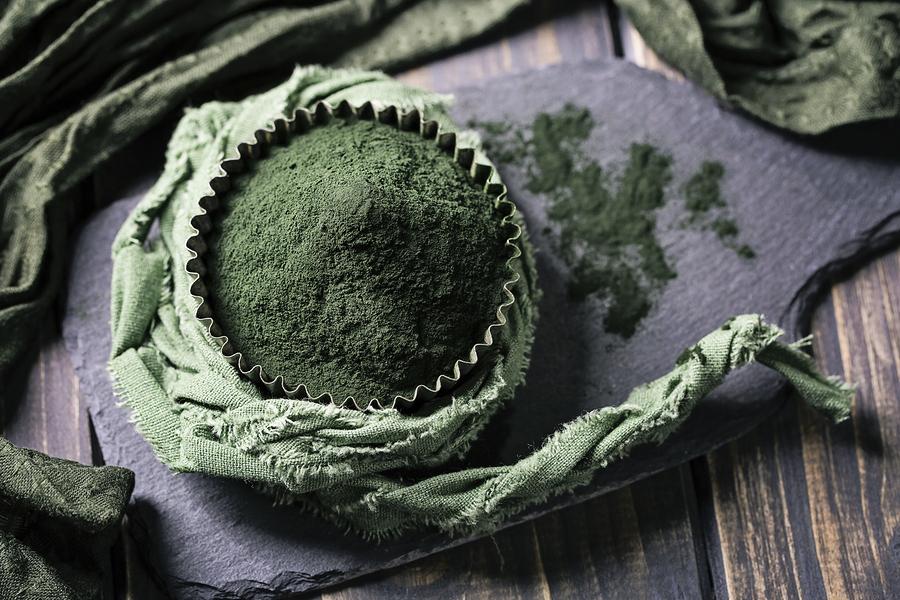 Spirulina benefits for hair
Spirulina benefits for hairSPIRULINA FOR FASTER HAIR GROWTH – 3 REASONS TO MAKE SPIRULINA YOUR FAVOURITE SUPERFOOD!...
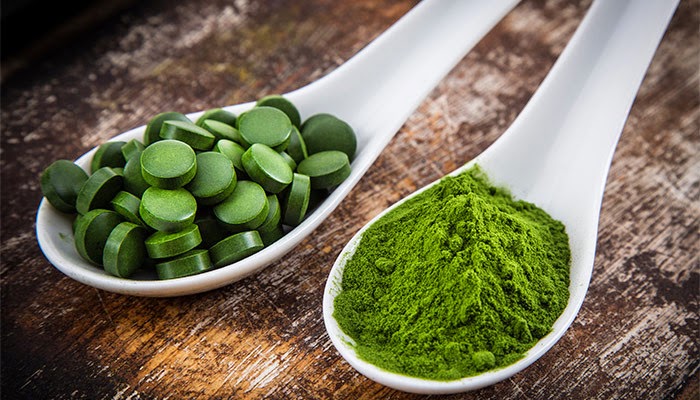 spirulina benefits diabetes
spirulina benefits diabetesHere are some benefits of Spirulina for diabetic patients: Spirulina naturally lowers blood sugar levels...
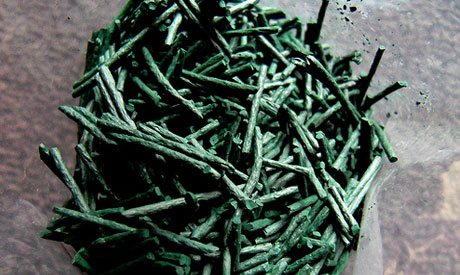 spirulina benefits blood sugar
spirulina benefits blood sugarSpirulina is a well-known super food. It is a multi-functional food. It can be used in many ways for your meals and snacks. Some of the benefits of adding Spirulina to your diet include its ability to inhibit the growth of breast cancer cells, as well as its ability to improve your academic performance. However, a new study suggests that Spirulina has another positive effect: it can help regulate ...
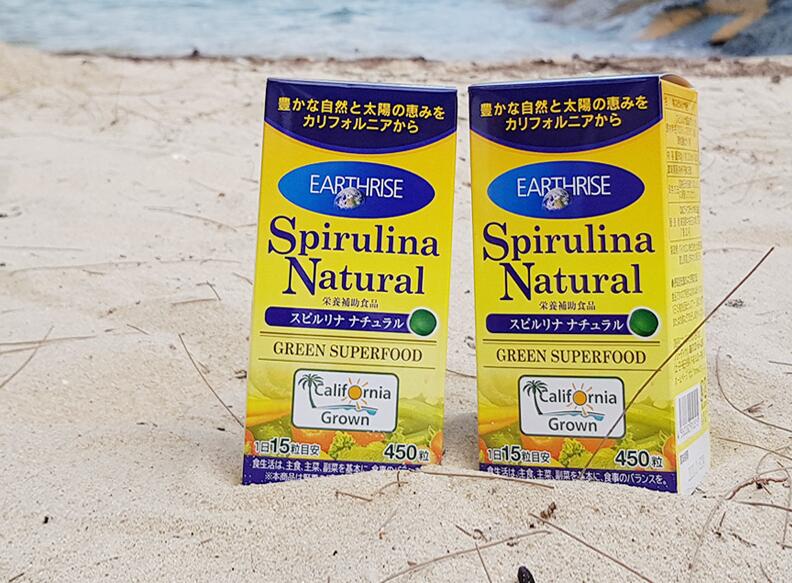 About Spirulina Benefits
About Spirulina BenefitsSpirulina is a blue-green algae, which contains many nutrients, including B vitamins, beta-carotene and vitamin E. Spirulina also contains antioxidants, minerals, chlorophyll and phycocyanin, and is often used as a source of pure protein. ...
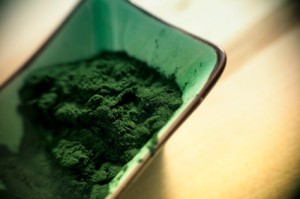 spirulina benefits during pregnancy
spirulina benefits during pregnancySpirulina is an excellent way to support healthy reproduction and pregnancy through its superior nutrients. Spirulina is a kind of cyanobacteria, commonly known as cyanobacteria. Proteins in Spirulina are considered to be the best quality proteins, superior to all other plant proteins, including legumes (beans, peas, soybeans, etc.). It is also an excellent source of vitamins and minerals. Because...
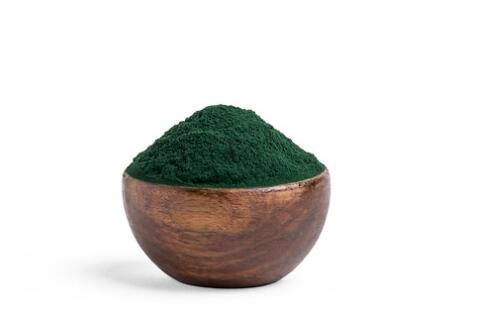 what is spirulina benefits
what is spirulina benefitsur Spirulina is a blue-green algae that grows in open channels, shallow waters and man-made waterway ponds. Propellers move water to speed up growth, while growers keep adding clean, fresh water and nutrients to the pond to keep Spirulina thriving. After preparation, use filter to harvest spirulina, wash with fresh water, and then spray dry. Our Spirulina is non-irradiated and non-genetically modi...
Sign up to receive exclusive promotions and health recipes via email.

